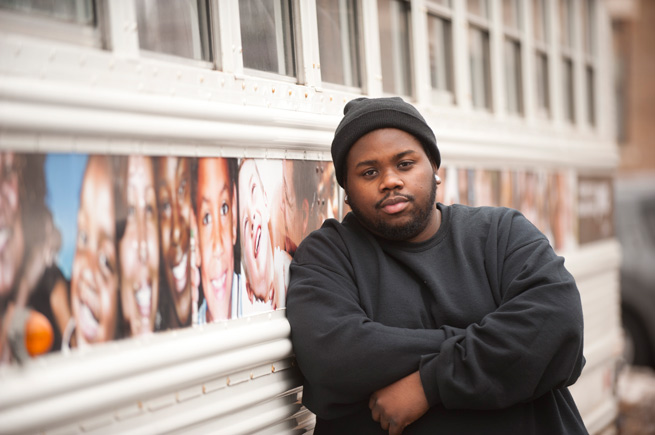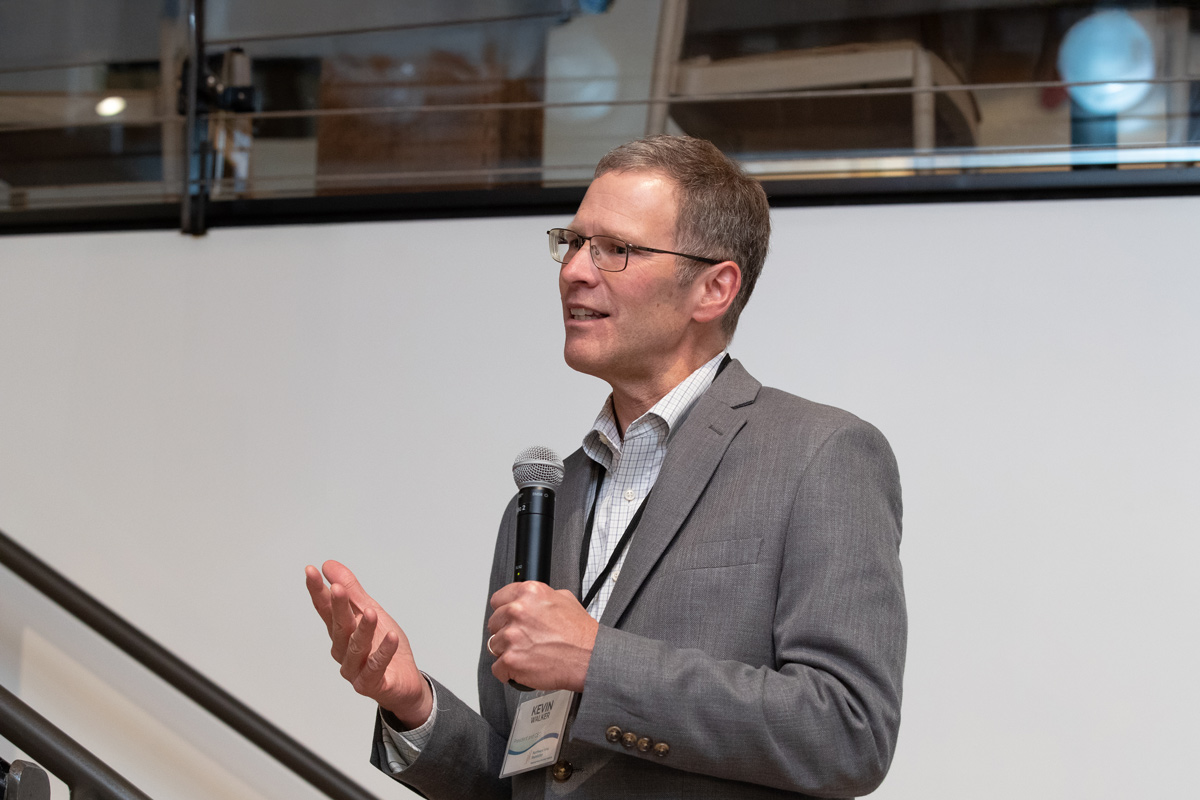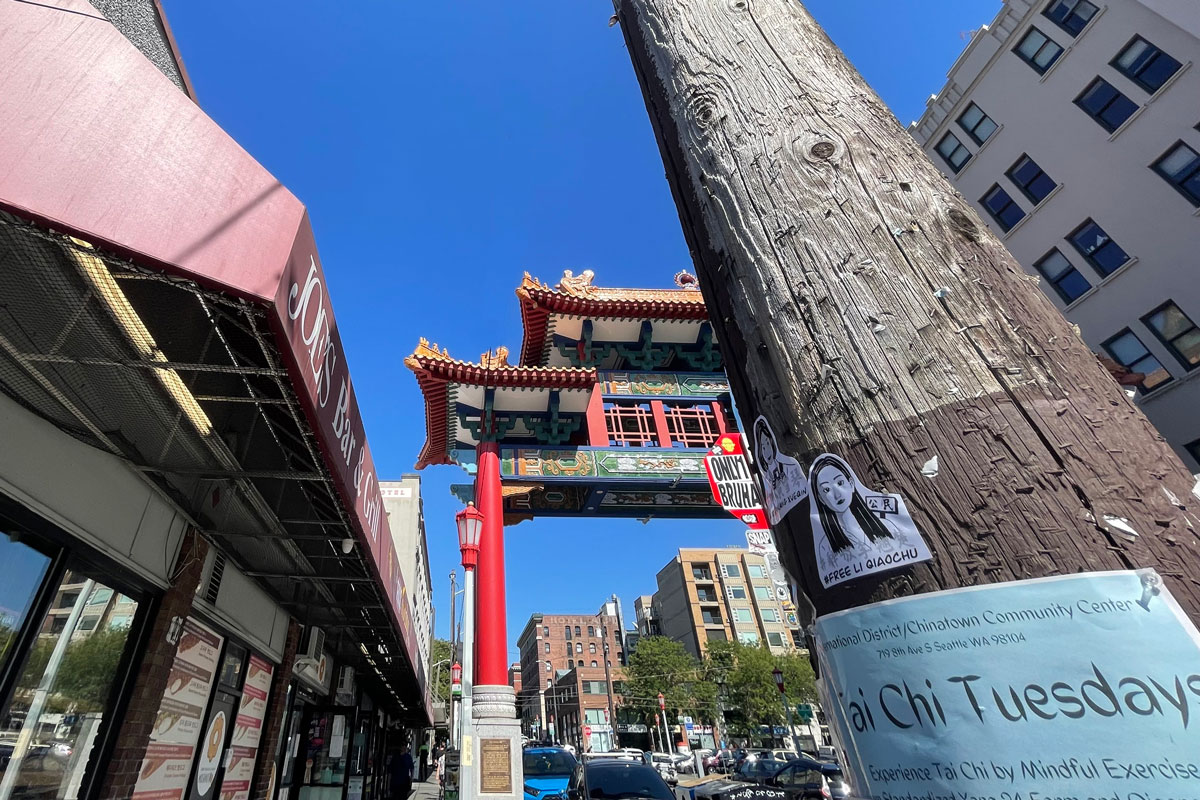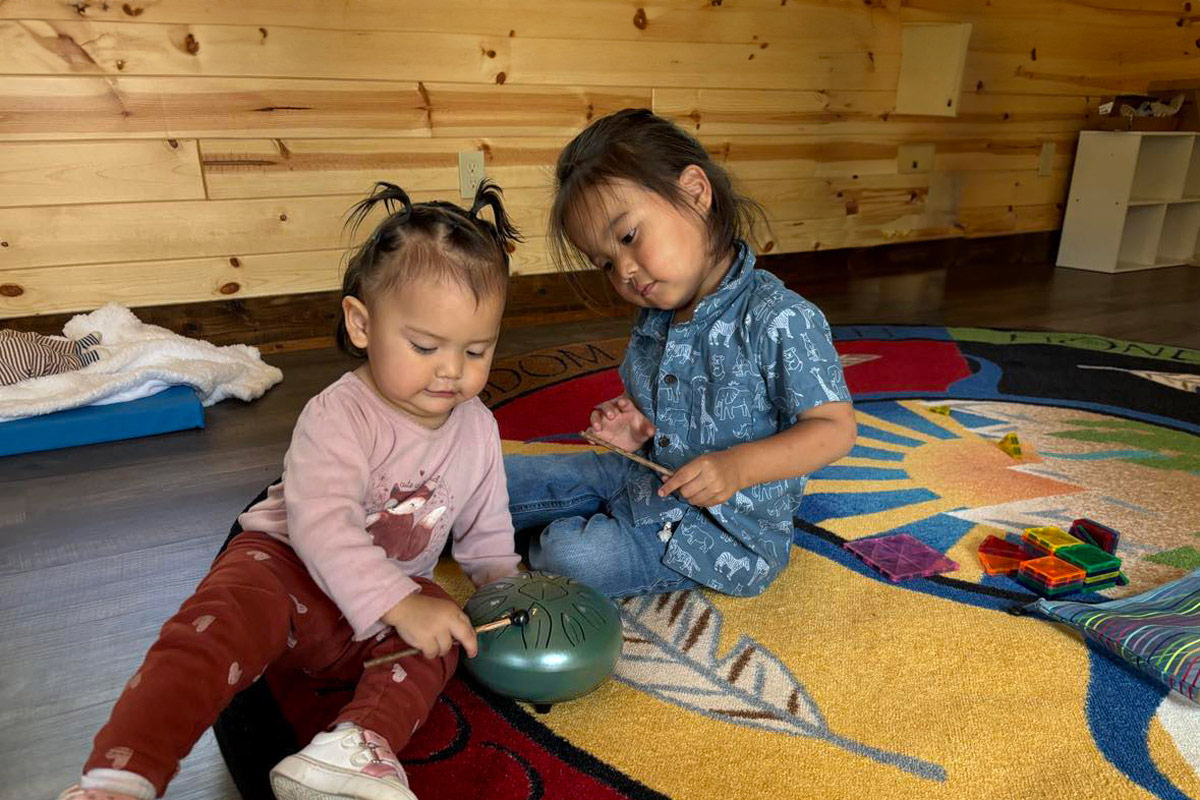We awarded 27 grants to community-based organizations totaling $5,337,000 this quarter.
These investments supported work in our four portfolios of funding, which increase access to capital, support enterprise development, build workforce opportunities, and help improve financial inclusion.
Financial inclusion grants develop financial know how for low-income and underserved communities
Three grants this quarter totaling $650,000 supported our Financial Inclusion portfolio, which invests in developing the financial know-how and skills to help people enhance their financial security over time. Financial capability means that individuals, families, and communities have the knowledge, skills, and resources to build assets for the long-term.
Whether focused on banking the underbanked through providing access to safe, credit-building savings accounts or offering low-interest car loans to people without access to a car to get to work, financial capability reduces inequality for underserved communities by lowering barriers. This quarter, we’re highlighting Ujamaa Place.
Ujamaa Place Grant: Collaboration on Asset Building for African Americans
Ujamaa Place is a St. Paul based nonprofit organizing a collaborative of six African American-led organizations that collectively reach over 20,000 low-income African Americans in the Twin Cities. A primary focus of the collaborative is to embed culturally appropriate asset building services into the other services each partner already provides. The partners deliver services across a range of areas including relapse prevention, cultural reconciliation, digital literacy, and community readiness. The collaborative emerged out of a prior foundation grant and builds off of initial relationship-building work.
The grant supports work on a more intentional collaborative model for developing and delivering culturally appropriate asset building services. The work will create a more cohesive web of organizational support for low-income African Americans. Currently, the group is working on a definition of asset building that defines barriers, opportunities, and ways to meet the needs of African American families and communities, especially the needs of formerly incarcerated people.




